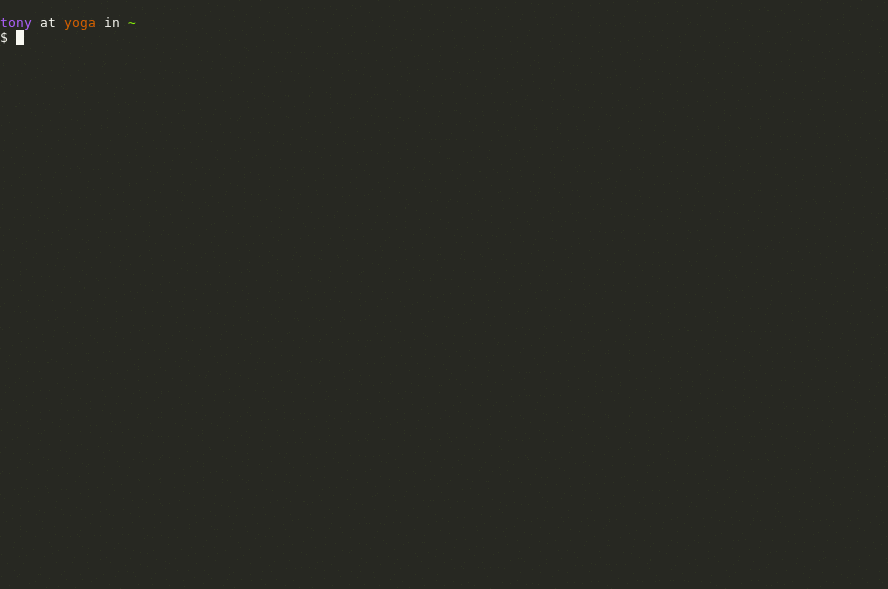$ vcspull · 

 ¶
¶
Manage and sync multiple git, svn, and mercurial repos via JSON or YAML file. Compare to myrepos, mu-repo. Built on libvcs.
Great if you use the same repos at the same locations across multiple
machines or want to clone / update a pattern of repos without having to
cd into each one.
clone / update to the latest repos with
$ vcspulluse filters to specify a location, repo url or pattern in the manifest to clone / update
supports svn, git, hg version control systems
automatically checkout fresh repositories
supports pip-style URL’s (RFC3986-based url scheme)
See the documentation, configuration examples, and config generators.
How to¶
Install¶
$ pip install --user vcspull
Developmental releases¶
You can test the unpublished version of vcspull before its released.
Configuration¶
Add your repos to ~/.vcspull.yaml.
vcspull does not currently scan for repos on your system, but it may in the future
~/code/:
flask: "git+https://github.com/mitsuhiko/flask.git"
~/study/c:
awesome: "git+git://git.naquadah.org/awesome.git"
~/study/data-structures-algorithms/c:
libds: "git+https://github.com/zhemao/libds.git"
algoxy:
repo: "git+https://github.com/liuxinyu95/AlgoXY.git"
remotes:
tony: "git+ssh://[email protected]/tony/AlgoXY.git"
(see the author’s .vcspull.yaml, more configuration)
$HOME/.vcspull.yaml and $XDG_CONFIG_HOME/vcspull/ (~/.config/vcspull) can
be used as a declarative manifest to clone you repos consistently across
machines. Subsequent syncs of nitialized repos will fetch the latest commits.
Sync your repos¶
$ vcspull sync
Keep nested VCS repositories updated too, lets say you have a mercurial or svn project with a git dependency:
external_deps.yaml in your project root (any filename will do):
./vendor/:
sdl2pp: "git+https://github.com/libSDL2pp/libSDL2pp.git"
Clone / update repos via config file:
$ vcspull sync -c external_deps.yaml '*'
See the Quickstart for more.
Pulling specific repos¶
Have a lot of repos?
you can choose to update only select repos through
fnmatch
patterns. remember to add the repos to your ~/.vcspull.{json,yaml}
first.
The patterns can be filtered by by directory, repo name or vcs url.
Any repo starting with “fla”:
$ vcspull sync "fla*"
Any repo with django in the name:
$ vcspull sync "*django*"
Search by vcs + url, since urls are in this format
$ vcspull sync "git+*"
Any git repo with python in the vcspull:
$ vcspull sync "git+*python*
Any git repo with django in the vcs url:
$ vcspull sync "git+*django*"
All repositories in your ~/code directory:
$ vcspull sync "$HOME/code/*"

Donations¶
Your donations fund development of new features, testing and support. Your money will go directly to maintenance and development of the project. If you are an individual, feel free to give whatever feels right for the value you get out of the project.
See donation options at https://git-pull.com/support.html.
More information¶
Python support: >= 3.9, pypy
VCS supported: git(1), svn(1), hg(1)
Changelog: https://vcspull.git-pull.com/history.html
Test Coverage: https://codecov.io/gh/vcs-python/vcspull
Open Hub: https://www.openhub.net/p/vcspull
License: MIT.